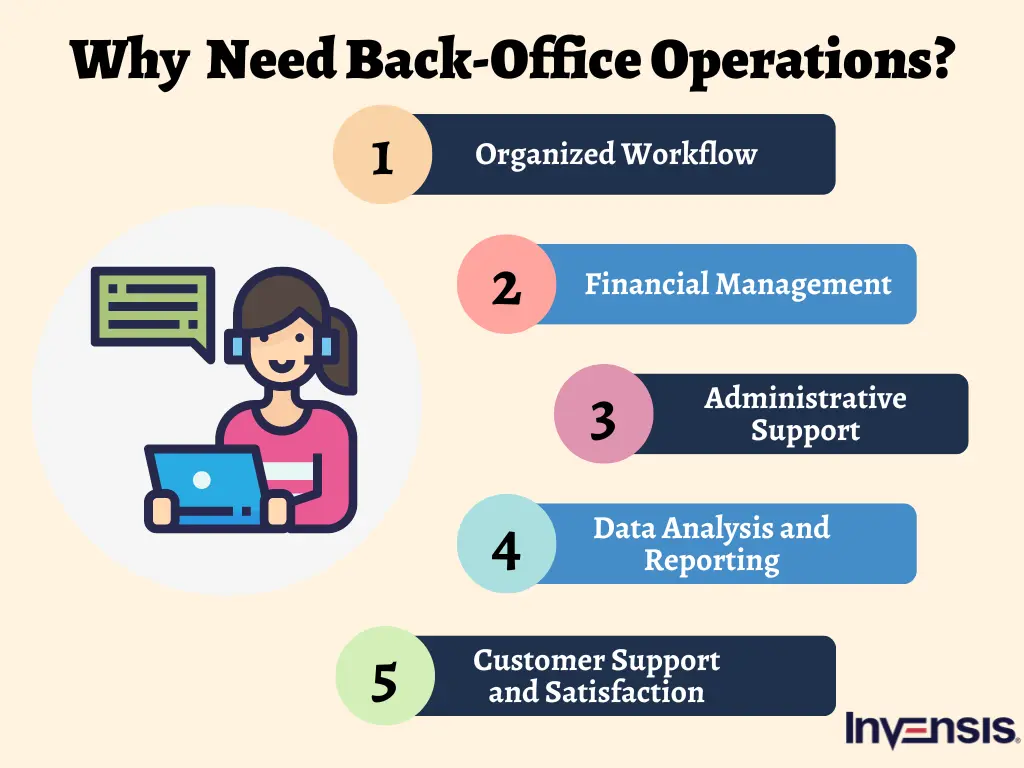Hedge funds are increasingly relying on technology to gain a competitive advantage in the fast-paced financial markets. As a result, they actively seek software developers and engineers to build and maintain trading systems and manage data analysis. These technical experts play a crucial role in enhancing automation, improving algorithmic trading, and ensuring the smooth operation of hedge fund strategies.
“Yes, hedge funds hire software developers and engineers to build and maintain trading systems, analyze data, and optimize performance. Their technical skills are valuable for algorithmic trading, automation, and risk management.”
In this article, We will discuss “do hedge funds take software developer or software engineers”
Do Hedge Funds Hire Software Developers or Software Engineers?

Yes, hedge funds actively hire software developers and software engineers to strengthen their technological capabilities. As finance becomes more digitized and data-driven, hedge funds increasingly rely on technology to gain a competitive edge, particularly in the areas of algorithmic trading, risk management, and big data analytics. In this guide, we’ll explore how software developers and engineers fit into hedge funds, what roles they typically play, and what skills are in demand.
1. Building and Maintaining Trading Algorithms:
One of the primary tasks for software developers and engineers at hedge funds is to build and maintain trading algorithms. Algorithmic trading executing trades using pre-programmed instructions has revolutionized the financial markets. Hedge funds use these algorithms to automatically buy and sell assets based on data inputs such as market prices, trends, and historical patterns.
For example, developers may build algorithms that execute trades when certain conditions are met, such as price thresholds or specific technical indicators. The goal is to maximize profit while minimizing risks, all at a speed no human trader could achieve. These algorithms are often complex and need constant updates to keep up with market changes.
2. Performance Optimization for Trading Systems:
In hedge funds, speed is everything. Even a fraction of a second can make the difference between profit and loss, especially in high-frequency trading (HFT), where trades are executed in milliseconds. Software engineers are hired to optimize the performance of trading systems, ensuring they can process large volumes of data and execute transactions as quickly as possible.
Engineers working in this space focus on reducing system latency, enhancing network bandwidth, and ensuring the infrastructure is capable of handling vast amounts of trades and market data in real time. This involves deep knowledge of low-latency programming, system architecture, and even hardware considerations like proximity to financial exchanges for faster trade execution.
Also Read: How To Tell If Computer Is Bricking Software – Signs Your Computer Is Bricking!
3. Data Analysis and Big Data Engineering:
Hedge funds rely on data, and lots of it. Data sources may include historical market data, news sentiment, social media trends, economic indicators, and more. Software developers and data engineers are responsible for building platforms that can ingest, process, and analyze these massive datasets.
With the rise of big data and machine learning, hedge funds are looking for developers with expertise in creating systems that can handle large-scale data analysis efficiently. This includes developing data pipelines that process information from multiple sources in real time, creating databases that can store petabytes of financial data, and building analytics tools that allow fund managers to visualize and act on insights quickly.
4. Machine Learning and Artificial Intelligence:
The application of machine learning (ML) and artificial intelligence (AI) in hedge funds is growing rapidly. Hedge funds use these technologies to improve predictive models, automate decision-making, and identify trading opportunities that may not be visible through traditional analysis methods.
Software engineers with a background in machine learning are highly sought after by hedge funds. These professionals help design and implement predictive models that can identify market anomalies or forecast asset prices. Developers may also build natural language processing (NLP) systems to analyze financial news, earning reports, and other text-based data to gauge market sentiment.
For example, some hedge funds use sentiment analysis to predict stock movements based on news and social media mentions, while others develop reinforcement learning algorithms that automatically improve trading strategies based on past performance.
5. Risk Management Systems:
Risk is inherent in any financial operation, and hedge funds are no exception. Software developers and engineers are integral in building robust risk management systems that help hedge funds monitor and control their exposure to various types of risk, such as market risk, credit risk, and liquidity risk.
These risk management systems are designed to assess factors like portfolio diversification, leverage, and the potential impact of market events (e.g., interest rate changes or political crises). Engineers may also develop real-time risk monitoring dashboards that alert portfolio managers to any deviations from their risk tolerance limits, allowing for quick adjustments to minimize potential losses.
6. Automation of Back-office Operations:

In addition to front-office trading and data analysis, hedge funds also need software engineers to automate their back-office processes. Back-office operations include tasks such as accounting, settlement of trades, and regulatory compliance reporting. These processes are repetitive and time-consuming if done manually, which is why automation is key.
Developers in these roles build software tools that streamline workflows, improve efficiency, and reduce human error. For example, they may develop systems that automatically reconcile trades at the end of the day, generate compliance reports, or process financial transactions across multiple asset classes and currencies.
7. Cybersecurity in Hedge Funds:
Cybersecurity is a top priority for hedge funds, given the sensitive nature of financial data and the potential risks associated with cyberattacks. Software engineers specializing in cybersecurity are tasked with developing and implementing security protocols to protect a hedge fund’s data, networks, and trading platforms.
This can involve encrypting sensitive data, implementing firewalls, setting up multi-factor authentication systems, and monitoring the infrastructure for potential vulnerabilities. Engineers in this field must stay up-to-date with the latest cybersecurity trends and threats, as the stakes are incredibly high in the financial industry.
8. Development of Custom Financial Tools:
Every hedge fund is different, with unique strategies and operational needs. This often leads to the development of custom financial tools, which software engineers are responsible for creating. These tools may include custom-built portfolio management systems, pricing engines, or analytics dashboards tailored to the fund’s specific investment strategies.
For example, some hedge funds may require bespoke tools for managing large positions in illiquid assets, while others might need proprietary platforms to analyze complex derivative structures. Software developers are often tasked with collaborating closely with traders and portfolio managers to build tools that meet these specific requirements.
Also Read: What Is Testing In Zillexit Software – Explained Simply!
What Skills Do Hedge Funds Look for in Software Developers and Engineers?
Hedge funds typically look for software developers and engineers with a combination of technical and financial skills. Here are some of the key skills that are in demand:
- Programming Languages : Proficiency in languages such as Python, C++, Java, and R is highly valued. Python is widely used for data analysis and scripting, while C++ is favored for high-performance trading systems.
- Algorithm Design: Understanding of data structures, algorithms, and their applications in real-time systems.
- Data Science and Machine Learning : Experience with machine learning frameworks (e.g., TensorFlow, PyTorch) and tools for big data processing (e.g., Hadoop, Spark).
- Financial Knowledge: While not mandatory, a basic understanding of financial markets, asset classes, and trading strategies is a plus. Knowledge of fixed income, derivatives, or equities can give candidates an edge.
- Cloud Computing : Experience with cloud-based infrastructures (e.g., AWS, Google Cloud) to handle scalable, secure data processing.
- DevOps and Automation : Skills in continuous integration/continuous deployment (CI/CD), containerization (e.g., Docker, Kubernetes), and infrastructure automation are increasingly important.
- Cybersecurity : Familiarity with security best practices, encryption, and secure coding principles.
FAQ’s
1. Do hedge funds hire software developers and engineers?
Yes, hedge funds hire software developers and engineers to build trading algorithms, optimize systems, and manage data analysis.
2. What roles do software engineers play in hedge funds?
They develop and maintain trading platforms, automate processes, analyze data, and improve system performance.
3. What skills are hedge funds looking for in software developers?
Hedge funds seek developers skilled in programming languages (Python, C++, Java), data analysis, machine learning, and financial systems.
4. Are software developers involved in algorithmic trading at hedge funds?
Yes, they design and implement algorithms for automated trading to execute fast and efficient trades based on market data.
5. Is financial knowledge required to work as a developer in hedge funds?
While not mandatory, having some understanding of financial markets and trading systems can be beneficial.
Conclusion
Hedge funds actively hire software developers and engineers to build trading algorithms, optimize systems, and manage data. Their technical expertise is crucial for improving trading performance, automating processes, and managing risk. With the growing reliance on technology in finance, these roles are becoming increasingly important for hedge funds’ success.



